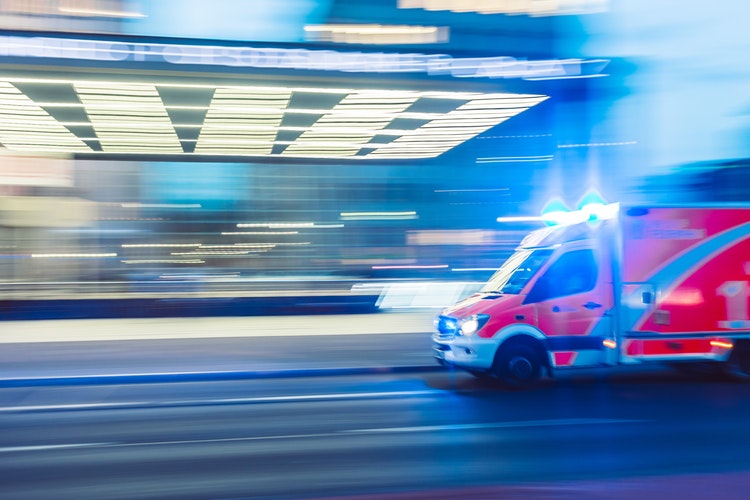As per the data revealed by NDTV, over 400 people are killed due to road accidents in India on a daily basis. The increasing incidence of heart related ailments among the Indian youth in the 21st century is another cause of concern for the country. Smoking and consumption of tobacco are habits that are adopted increasingly by the citizens. Lifestyle imbalances have resulted in the global epidemic of obesity in most developed countries. The other part of the world continues to lose young lives to malnutrition and lack of healthcare facilities. As technology becomes widespread, individuals are prone to accidents and hazardous substances affecting their health. Regardless of instilling caution about food habits, emergencies can arise without prior intimation. During such circumstances, how does one mitigate this issue?
Staying updated about emergency healthcare services in the country, provisioned by the government in partnership with private organisations such as Ziqitza Health Care Limited, is to stay a step ahead of fatal emergencies. 108, the national ambulance service number, established as part of the National Health Mission, is one such facility that every individual needs to be aware of. If you do come across an emergency, helplessness can be avoided by availability of information about 108 and its quality emergency medical service.
Having established the need for emergency medical services, the efficiency of ambulance services provided by 108 is a topic that is imperative to be touched upon. The 108 ambulance services, apart from first aid also provide Basic Life Support and Advanced Life Support, along with oxygen cylinders and electrocardiography (ECG) machine. The ambulances have fully trained paramedics on-board with a thorough knowledge of the ways in which emergency medicine needs to be introduced into the patient’s body. The provision to contact a doctor or police station in case of fatalities is also facilitated by 108 tele-operators.
Although numerous options for ambulances exist in the urban sector, large areas of the rural sector continue to be disconnected. However, team 108 is making sincere efforts in helping the rural masses benefit from the existing healthcare facilities. Today, ambulance services are provided free of cost in addition to the toll-free facility.
The dawn of the 20th century was witness to hammocks and vehicles being substituted for ambulances. Today, ambulances are equipped with necessary medical apparatus to begin treatment at the earliest. As preventive death toll decreases, fatal hazards continue to increase exponentially. Virus such as Zika and other diseases including dengue, AIDS, Ebola, etc. continue to wreak havoc around the world. As research advances and medical provisions grow, the challenge that remains is to ensure emergency healthcare services are looked upon as a need and not a privilege.
In a country that constitutes majorly an illiterate and agro-based population, ambulance services become crucial in terms of accessibility and information dissemination about the provisions. Despite challenges, we continue to love emergency health care as it is a boon for denizens across cities and villages. As our efforts to expand services continue, growing number of people get associated with the cause of saving lives. If you were unaware about 108 and other services provisioned by the government such as 1298 or 102, this is an opportunity for you to help spread the word and aid us in exceeding our presence to the areas that continue to survive without any awareness about emergency medical facilities.


